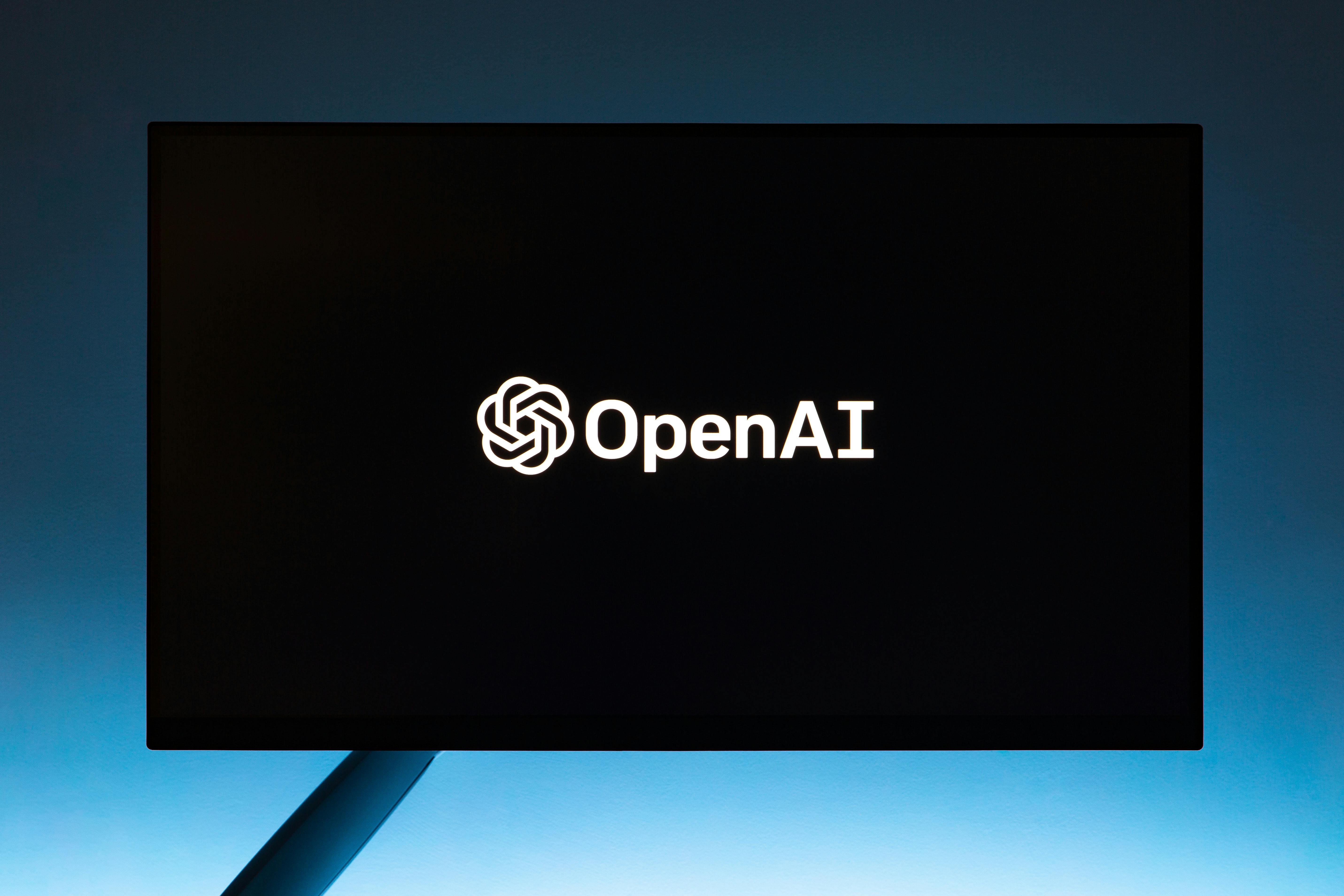Are emerging startups using AI and blockchain wisely?
- Startups leverage AI for data analysis, decision-making, and trend prediction, enhancing efficiency and reducing errors in sectors like healthcare and retail.
- Blockchain is used for data security and transparency, creating decentralized, unchangeable ledgers beneficial for smart contracts in finance and real estate.
- AI and blockchain offer startups a competitive edge by improving speed, security, and cost-effectiveness.
- Challenges include high costs, complex technology, and regulatory hurdles.
- AI automates tasks, enhancing productivity, while blockchain secures transactions and data, building user trust.
- Future synergies between AI and blockchain promise smarter, secure business solutions.
- Market trends show a shift toward digital and secure systems driven by these technologies, offering startups new growth opportunities.
Are emerging startups feeling the pulse of AI and blockchain wisely? This pressing question intrigues anyone keen on tech breakthroughs. As a technology fan myself, I see AI and blockchain fueling innovation faster than a rocket to Mars. Startups that master these tools disrupt markets and shape new industries. We'll explore how they do it and uncover the hurdles and rewards of these cutting-edge technologies. Join me on this voyage to understand modern tech trends!
How Are Emerging Startups Leveraging AI and Blockchain Technologies?

Emerging tech startups are transforming industries with AI-driven innovation and blockchain market disruption. Startups are pioneering AI solutions in various fields, from healthcare to finance. They use AI to analyze huge amounts of data, drive decision-making, and predict trends. Imagine a health tech startup using AI to diagnose illnesses more quickly than ever before. Precision: AI helps these startups make fewer errors. Errors in diagnosis can be costly, but with AI, startups create better, faster solutions.
In retail, startups use AI to predict what products you'll want based on past buys. These AI applications give startups powerful insights. This helps them stay ahead of big competitors. Other startups are using blockchain to disrupt how we store and transfer data. Precision: Blockchain provides unmatched security. Blockchain creates a decentralized ledger that records transactions across multiple sites. It is almost impossible to change these transactions.
Startups in sectors like finance and real estate are using blockchain to create smart contracts. These contracts execute themselves when set conditions are met, reducing the need for intermediaries. Thus, blockchain makes these processes faster and less costly. Amazon-like, startups are becoming more efficient and customer-centered. So now you may ask, how do AI and blockchain give startups a competitive edge?
The competitive edge lies in speed, security, and cost-effectiveness. With AI, startups can automate routine tasks, allowing teams to focus on strategy and creativity. Precision: AI saves time and money, two vital resources for startups. This time-saving edge can be a game changer in sectors where things move fast. For example, fintech startups can offer real-time analytics and fraud detection.
Blockchain provides equal transparency and privacy. Transparent operations earn trust from users and investors alike. This trust is crucial for startups looking to raise funds and scale up. Security in blockchain reduces the chance of data theft, ensuring that users feel safe using these tech solutions. When user trust grows, so does customer base growth.
By leveraging AI and blockchain, startups can tap into new markets quickly. They can create innovative products that meet unfulfilled needs, making them pioneers in their respective fields. These technologies not only offer a competitive edge but also unleash rapid innovation and market disruption.
But startups are still smart in their approach. They test these technologies in small pilots before a full scale. They listen to user feedback and make changes as needed. Precision: They make few mistakes by conducting many small trials. This cautious approach builds reliability while fostering innovation.
Ultimately, these startups embody a new wave of creativity aimed at solving real-world problems. They are not afraid to challenge traditional practices and venture into unknown territories with AI and blockchain technologies. This makes them noteworthy players in today's ever-shifting tech landscapes. For more detailed insight on these technologies, consider reading more here.
What Are the Challenges and Benefits of AI and Blockchain Integration in Startups?

Integrating AI and blockchain into startups brings both challenges and benefits. But what hurdles do startups face with these integrations? The biggest challenges include complex technology, cost, and finding skilled workers. AI and blockchain are new and need experts to run them well. Many startups struggle to hire the right people because of high demand and limited skills. Plus, setting up these systems can be costly, which is a big issue for startups with tight budgets.
One more challenge is understanding regulations. Startups that use blockchain often deal with laws that are not clear or consistent. These rules can change from one place to another, adding to the confusion. This can delay projects and increase costs. Despite these issues, why are startups willing to adopt these technologies? Because overcoming these challenges can lead to significant business advancement.
How can AI and blockchain help a startup grow? AI speeds up processes and helps with better decision-making. AI can handle complex data quickly, allowing startups to make smarter choices faster. This can improve efficiency and give companies a leg up on their competition. Blockchain helps make business data transparent and safe. This technology protects data, allowing startups to gain trust from customers and investors alike. By using blockchain, startups can also lower costs by removing the middleman in transactions.
So, what are the key benefits of AI and blockchain? First, they improve worker productivity. AI can automate tasks that typically require time and effort. This leaves people free to manage more important work. Automation reduces errors, saving both time and money. Blockchain gives security to digital deals, making transactions safer from cyberattacks. With security enhanced, startups can focus more on growth and less on worries about fraud.
Lastly, these technologies open up new markets and opportunities. AI makes it easier for startups to understand market trends through data analysis. With this information, startups can spot new opportunities faster and adjust their strategies accordingly. Blockchain, on the other hand, creates trust between users. It does this by guaranteeing that data is truthful and unchanged. This level of trust can make it easier for startups to form partnerships in various markets.
In summary, while AI and blockchain pose some challenges, they also offer a range of benefits that can lead to growth and success. By addressing these challenges head-on, startups can position themselves as leaders in innovation and market disruption.
How Are Startups Utilizing AI and Blockchain for Market Disruption and Innovation?

Startups are making waves by using AI and blockchain in exciting ways. These technologies are more than just buzzwords; they are tools that help new companies solve big problems. So, let's explore how AI and blockchain are changing the game for startups.
In what ways are AI applications transforming startup innovations? The answer requires understanding AI's core: it can learn from data and make decisions. Precision: AI helps startups by predicting customer needs and improving products. Once AI understands patterns, startups can create smarter solutions. For example, AI in health tech startups can detect diseases earlier by analyzing medical images. Startups also use AI to personalize user experiences, tailoring services to each person. This personal touch can set a company apart in a crowded market.
How are decentralized technology startups utilizing blockchain for market disruption? Precision: Blockchain creates trust and reduces costs for new companies. In a blockchain, data is shared across many computers at once, meaning it's hard to change or delete. This makes it useful for keeping important records, like contracts and transactions, safe and transparent. For example, startups in supply chain management use blockchain to trace goods from factory to store. This openness means customers can trust that the products are real and not fakes.
Blockchain also means that startups can work without a middleman. This helps cut costs and speeds up processes, giving startups a chance to compete with big firms.
What advancements are startups making with blockchain technology? Precision: Startups are offering new ways to use blockchain in everyday life. Some are making systems where people can trade energy with neighbors, using blockchain to track who gets what. This is just one exciting advancement where blockchain lets people take control and share more easily.
Startups are pushing the boundaries of blockchain by exploring new ways to secure data and create unique digital assets, like crypto collectibles. Blockchain helps startups keep users' data secure and private, which is a growing demand. As cyber threats evolve, the need for strong data protection grows, and blockchain offers a way to meet that need.
In my view, this push to use AI and blockchain is like driving on a fast lane to the future. They're steering through challenges and speeding toward innovation. Startups are not just using AI and blockchain wisely; they are pioneering paths that could redefine entire industries. By choosing this route, these startups are setting themselves up to be leaders, not just players, in the tech world.
For more on how AI is shaping the future, take a look at what OpenAI is doing. As we explore how these fresh companies are reshaping markets, there's much to learn from their strategies. These startups are a testament to how new tech, when used wisely and creatively, can change the world in ways we are just beginning to imagine.
What Are the Future Trends and Opportunities for Startups in AI and Blockchain Technologies?

AI and blockchain promise exciting synergies for startups in the coming years. Startups are already noticing how these technologies can work together. For instance, AI can manage vast amounts of data on blockchain networks, making them secure and smart. This means businesses can trust both their data's safety and its intelligent analysis.
What future synergies exist between AI and blockchain in startups? Precision: Synergies in startups combine AI's data power with blockchain's security. AI can help blockchains manage data better by learning from past patterns. This improves the way data is stored and accessed. For startups, these combined strengths mean building smarter and safer business solutions. AI and blockchain could also streamline payment systems with less human oversight, reducing errors and enhancing trust.
How are emerging trends predicting market transformation through tech? Precision: Tech trends show a shift towards digital and secure systems. Innovations in AI and blockchain drive this movement. Many industries are moving towards automation and digital solutions. AI and blockchain fit right into this shift by offering both clever insights and secure processes. These technologies have the power to disrupt markets and change how businesses compete.
Startups using AI and blockchain can lead the way in many fields. In finance, they may create better ways to handle payments or investments. In healthcare, AI can predict patient needs while blockchain keeps data private. The ability to transform complex tasks into simpler, automated ones offers market transformation opportunities. Tech disrupts traditional methods with smarter solutions, often saving time and resources. More startups will provide digital options, making these technologies crucial for business growth.
What are the potential opportunities for startups within tech-driven market shifts? Precision: Startups can capitalize on tech-driven changes by focusing on current market needs. They can use AI for customer insights, learning from big datasets. Blockchain can ensure secure data sharing and money transactions. There are chances in creating better user experiences and supply chain efficiencies. These innovations can also play crucial roles in legal contracts and record-keeping, enhancing trust among partners and clients.
As AI and blockchain become more popular, opportunities will grow. Startups focusing on integrating these technologies may see more demand for their solutions. New apps and platforms that improve life and business could come from this synergy. As markets evolve, so will how customers use tech daily, driving more changes.
Investors like Michael Jackson see the urgency for Europe to embrace these innovations, as noted in the grassroots push for "EU Inc." Digital transformation supports rapid changes in this tech era. For startups, these opportunities require attention and expertise. This approach can help pave the way for future tech leaders in a growing market landscape.
Conclusion
Startups are using AI and blockchain to reshape industries. These tech tools give a competitive edge with innovation and market disruption. Startups face challenges when merging these technologies but gain growth and new opportunities. Future trends show more integration, promising shifts and synergy in markets. Embracing AI and blockchain can lead to success in the evolving tech world. As you explore startups or consider investments, these insights offer a clearer path to understanding and leveraging tech advancements efficiently.







